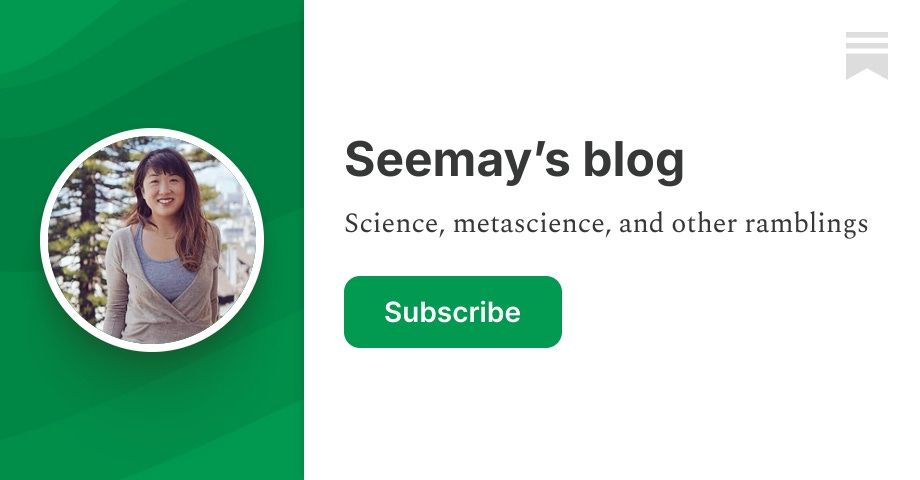
Google Scholar,
@europepmc.org
OpenAlex
@dimensions.ai
OSF Preprints
@crossref.bsky.social Metadata Search
@orcid.org
and more!
blog.psyarxiv.com/2025/11/10/d... by Andrea Schuler
#AcademicSky #OpenScience
@improvingpsych.org
Google Scholar,
@europepmc.org
OpenAlex
@dimensions.ai
OSF Preprints
@crossref.bsky.social Metadata Search
@orcid.org
and more!
blog.psyarxiv.com/2025/11/10/d... by Andrea Schuler
#AcademicSky #OpenScience
@improvingpsych.org
💡 Topics: Registered reports, open data, replications, diversity & inclusion
🧠 Hands-on sessions + hackathons
🌍 All career stages welcome!
🔗

💡 Topics: Registered reports, open data, replications, diversity & inclusion
🧠 Hands-on sessions + hackathons
🌍 All career stages welcome!
🔗
Thus concludes reality distraction strategy #822.

Thus concludes reality distraction strategy #822.
Don't miss out on this opportunity to enhance your research! We will cover the following topics:
- Two-stage review explained
- Tips for Stage 1 protocols
- Common author challenges
Register now: https://ow.ly/R6yH50Xptt0 #RegisteredReports #Webinar


In fact, an open, positive approach invites engagement and inclusion, even of those that have questions or misgivings.
In fact, an open, positive approach invites engagement and inclusion, even of those that have questions or misgivings.
Now, your nominations for minimal citation impact but moderate actual impact?
A contribution that altered policy or practice...
A paper that extinguished an active area of research...
An uncredited gem...

Now, your nominations for minimal citation impact but moderate actual impact?
A contribution that altered policy or practice...
A paper that extinguished an active area of research...
An uncredited gem...
What then is the prototype of prototypes for the moderate citation impact and moderate actual impact?

What then is the prototype of prototypes for the moderate citation impact and moderate actual impact?
What for huge citations and moderate impact?

What for huge citations and moderate impact?
journals.biologists.com/jcs/article/...


journals.biologists.com/jcs/article/...
Now, how about huge actual impact and minimal citation impact?

Now, how about huge actual impact and minimal citation impact?
@researchhubf.bsky.social Check it out if you'd like to be part of the evaluation process! www.researchhub.com/paper/961814...

@researchhubf.bsky.social Check it out if you'd like to be part of the evaluation process! www.researchhub.com/paper/961814...
Background, for @wttw.bsky.social from @bymattmasterson.bsky.social


Now, what paper had a moderate citation impact but a huge actual impact?

Now, what paper had a moderate citation impact but a huge actual impact?

Vote by naming a paper or liking someone else's nomination. One box filled per day.

Vote by naming a paper or liking someone else's nomination. One box filled per day.
This is due to being overwhelmed by a hundreds of AI generated papers a month.
Yet another open submission process killed by LLMs.
@jdworkin.bsky.social offers a much more thoughtful approach.

@jdworkin.bsky.social offers a much more thoughtful approach.


